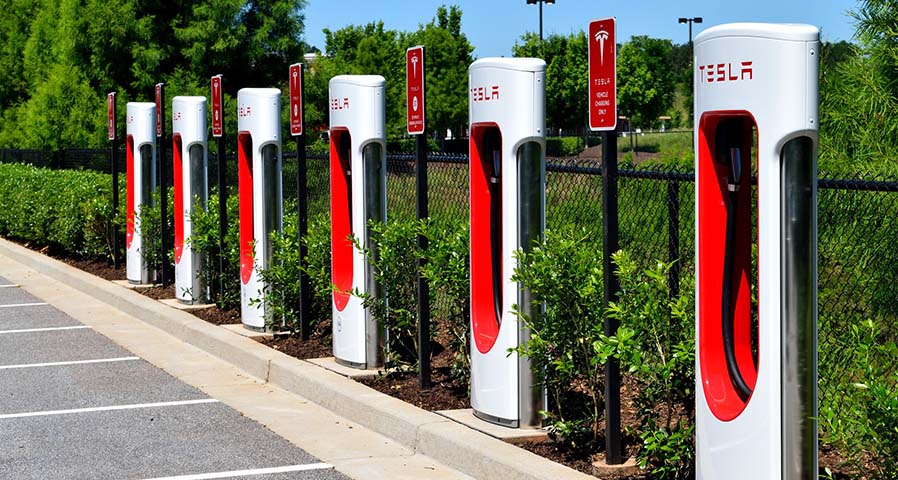Switching to electric vehicles (EVs) is a cost-effective and efficient way to have a positive effect on the environment. It’s also a good step towards tackling climate change. As more people and organizations are choosing to electrify and install EV chargers, a challenge is popping up. After installation, they are facing the issue of uncertain and rising electricity costs.
The current energy infrastructure is not designed to handle EV charging. AC and DC fast-chargers are causing usage spikes, resulting in higher charges. Combining this uncertainty with installation costs is overwhelming, but we are here to help.
Whether you are installing an EV charging infrastructure or electrifying your fleet, here’s everything you need to know about electricity demand charges.
Understanding Electricity Demand Charges
Demand charges can apply to anyone, but the fees are more likely to affect businesses than residential buildings. Instead of being based on overall power consumption, demand charges reflect peak power usage.
When energy usage spikes, demand charges are designed to help utility companies cover the costs associated with producing the extra electricity.
Electricity demand charges should not be confused with peak charging rates which has to do with the speed at which your EV charges and the curve of charging speeds. To get a better handle on the different terms, we suggest reading, A Guide to EV Charging Curves and Peak Charging Rates.
How Do Utility Companies Calculate Demand Charges?
It’s not easy working out a demand charge calculation. It’s also hard to predict when one will occur. A customer’s peak energy consumption doesn’t always occur at the same time every month. Some months, they may not even cause an energy spike.
Peak energy consumption times are typically around 15-minutes. Instead of basing energy usage on kilowatt-hours (kWh), energy companies measure demand charges in kilowatts (kW). For businesses with multiple EV charging stations, demand charges can quickly add up.
Why the Electricity Rate Design Needs to Change
The uncertainty associated with electricity demand charges can make businesses hesitant to add EV charging infrastructure. When consumer demand for the chargers is low, businesses can find it hard to offset the demand costs.
Demand charges are an outdated way for energy companies to recoup losses from energy peaks. With the increasing demand for EV charging stations across the country, it’s time for utility companies to redesign how they calculate peak usage.
How We are Helping to Offset Electricity Demand Charges
Apogee Charging Solutions offers the Noodoe EV OS with all of our chargers. Noodoe is helping businesses offset electricity demand charges in innovative ways. Our software has smart EV charging solutions you can scale to fit your business and charging needs. Here are some of the ways our software is helping to offset demand charges.
- Power management: You can avoid triggering power spikes by setting energy-use thresholds. Your power usage will not exceed the preset level.
- Smart and strategic charging: Noodoe software allows you to divide large fleets into smaller groups charging at off-peak times. Business and property managers can also optimize charging by allocating power during peak and low times, avoiding energy usage spikes.
- Reporting in real-time: With real-time data you know which chargers are busy. You can transfer power from less-used stations, improving charging times. Allocating power also reduces energy demand. With the software, you can set pricing and adjust it during peak charging times.
Energy Companies are Catching Up
Utility companies across the United States are beginning to reevaluate their energy rate designs for commercial customers. Raising the kilowatt threshold that starts demand charges is being planned. Some electricity providers are also starting to switch from peak demand charges to overall energy usage. Other companies are offering plans designed to support EV charging.
Choose the Right EV Charging Partner
With the right charging partner, you can offset electricity demand charges. To speak with an Apogee Charging Solutions EV charging specialist about electricity demand charging and how we can assist in offsetting these charges, call 484-816-2076, email [email protected], or schedule a call that fits your needs by clicking the button below.








0 Comments